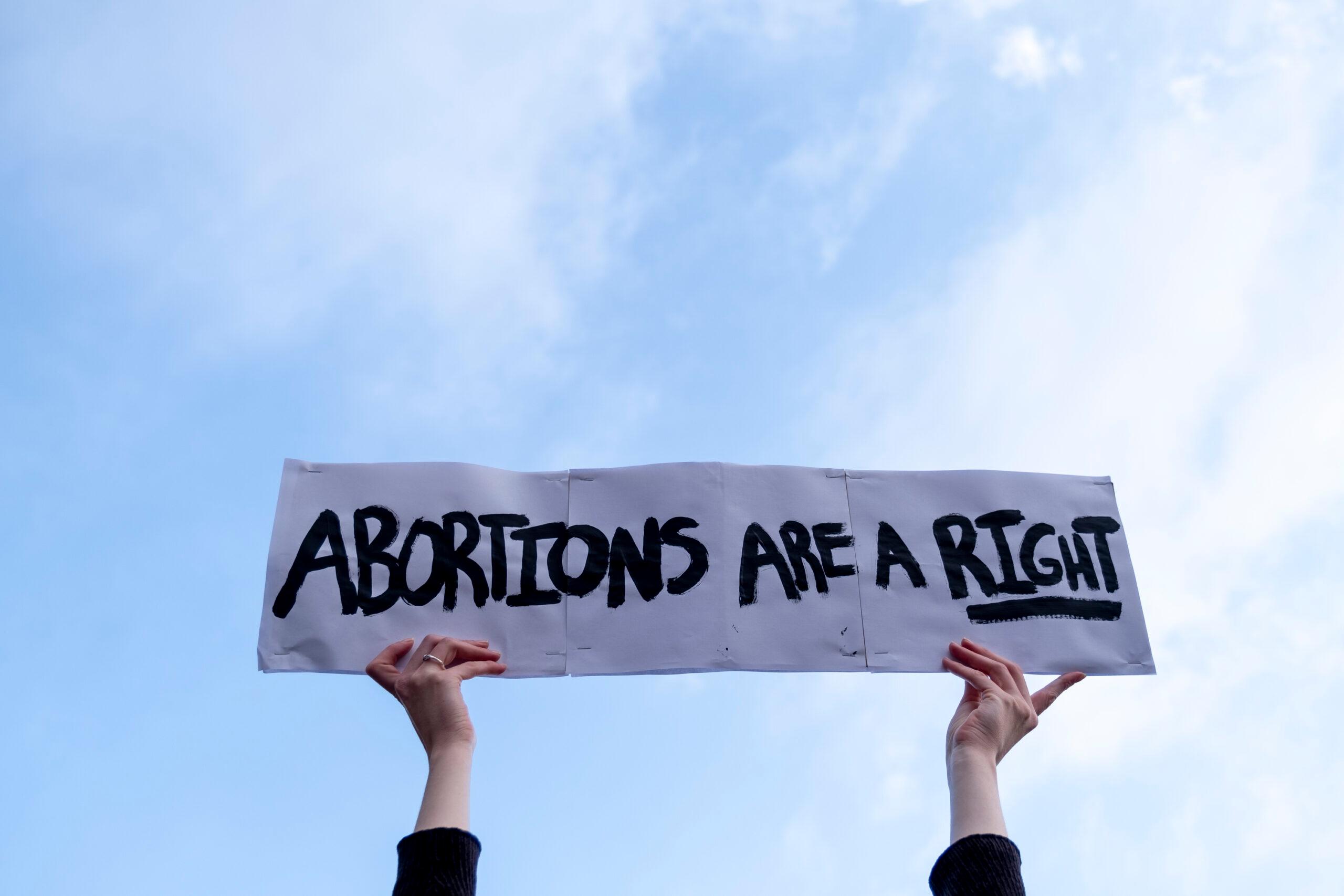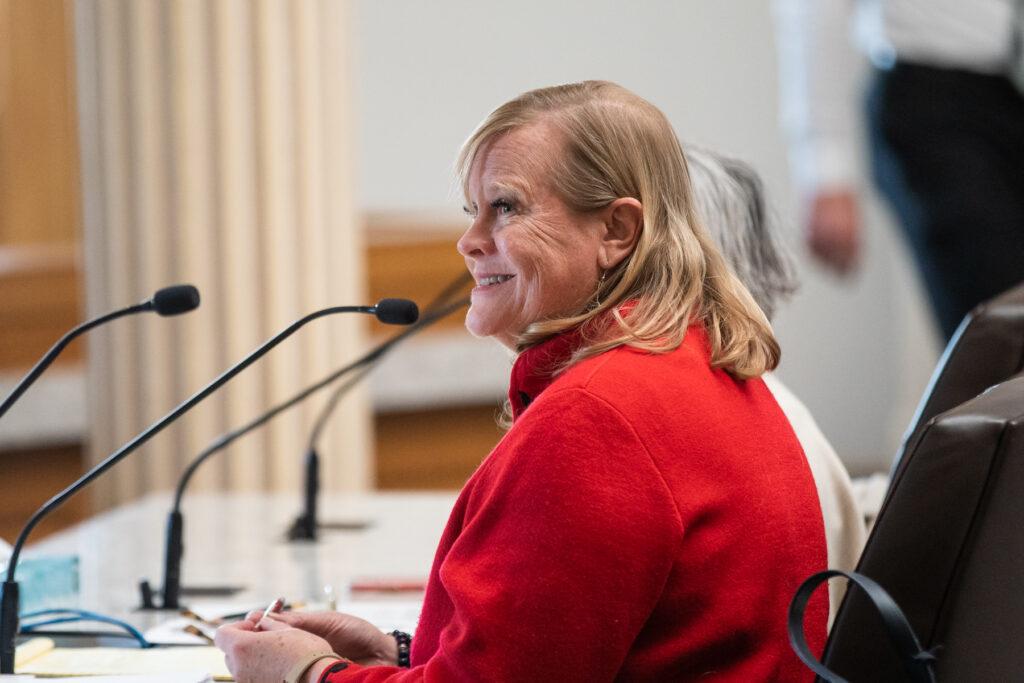
Updated 4:18 p.m. on April 13, 2024.
A Texas man is asking a Texas state district court to take legal action after his ex-partner traveled to Colorado to get an abortion. But Colorado’s so-called shield law could create a legal battle.
An attorney for Collin Davis filed a petition to the court in March, as first reported in The Washington Post, asking for permission to investigate and depose the woman who allegedly sought the abortion and others in order to potentially pursue a wrongful death claim against anyone involved in helping the woman obtain the abortion, including the Colorado doctor who performed the procedure.
The claim is allowed through the Texas Heartbeat Act, better known as SB8, which effectively bans abortions after six weeks and asks Texans to help enforce the law through civil suits or by notifying law enforcement. The law allows citizens to sue anyone who “abets” an abortion, including friends, relatives and strangers — even clinic workers (such as a receptionist) and doctors. The law does not allow patients who receive abortions to be prosecuted.
Colorado recently passed a law meant to “shield” anyone involved in seeking a legal abortion from such investigations in other states.
“This is exactly why we passed our shield law,” State Rep. Meg Froelich, co-sponsor of SB23-188, also known as Protections For Accessing Reproductive Health Care, told CPR News. “This is exactly the situation we imagined, and it's happened over and over again.”
The goal of the 2023 law was to ensure people in surrounding states, like Texas, can come to Colorado to have an abortion. Some states that border Colorado, like Wyoming, Utah and Oklahoma, have abortion bans. (State courts in Utah and Wyoming have blocked those bans while litigation continues.) It is yet to be seen if Davis’ petition will challenge Colorado’s law in court.
Davis’s lawyer in the case, Jonathan Mitchell, represented Donald Trump during the former president’s fight to stay on Colorado’s GOP primary ballot after the Colorado State Supreme Court ruled him ineligible. That case went all the way to the U.S. Supreme Court. Mitchell is a known abortion rights opponent and helped create SB8 in Texas.
“The attorney general’s office will continue to defend a patient’s right to access health care and a doctor’s right to practice medicine in Colorado,” Attorney General Phil Weiser’s office told CPR News in an email. “Texas law does not govern how women receive abortion care in Colorado.”
Texas’ SB8 is unique in that it asks citizens, not state officials, to enforce the law
“Any person, other than an officer or employee of a state or local governmental entity in this state, may bring a civil action against any person who: (1) performs or induces an abortion in violation of this subchapter; (2) knowingly engages in conduct that aids or abets the performance or inducement of an abortion, including paying for or reimbursing the costs of an abortion through insurance or otherwise…” the Texas law reads.
“We were thinking it's angry boyfriends, jealous husbands, a whole variety of things; employers wanting to know what you did on the weekend,” Froelich said when asked about the Texas case Monday. “None of their business.”
Section 6 of Colorado’s shield law “prohibits a court, judicial officer, court employee, or attorney from issuing a subpoena in connection with a proceeding in another state concerning an individual who accesses a legally protected health care activity in Colorado or an individual who performs, assists, or aids in the performance of a legally protected health care activity in Colorado.”
Section 7 of the law also “prohibits the state from applying another state's law to a case or controversy heard in Colorado state court…”

“There is no compliance with outside-of-state subpoenas with our local law enforcement,” Froelich said. “The law is the law. None of our law enforcement agencies are required to comply with any subpoena from outside of state for something that's very explicitly legal in Colorado.”
More than a dozen states have passed so-called shield laws since the U.S. Supreme Court’s “Dobbs” decision that overturned Roe v. Wade and sent abortion rights to be decided on the state level.
Gov. Jared Polis signed an executive order in 2022 following the “Dobbs” decision that barred state agencies from cooperating with out-of-state investigations regarding reproductive health care. The 2023 bill codified that order into law and blocked court summons, subpoenas and search warrants from being executed in Colorado that originate in states that decide to prosecute someone for having an abortion.
CPR’s Bente Birkland and Jerry Clayton of Texas Public Radio contributed reporting.
Editor's note: This story has been updated to clarify that abortion continues to be legal in Wyoming while litigation over a ban continues in state court.
- After Roe, the network of people who help others get abortions see themselves as ‘the underground’
- Advocates for legal abortion take critical step to put constitutional amendment on the ballot
- Out-of-state patients keep coming to Colorado in record numbers as abortion remains a political fight in 2024









